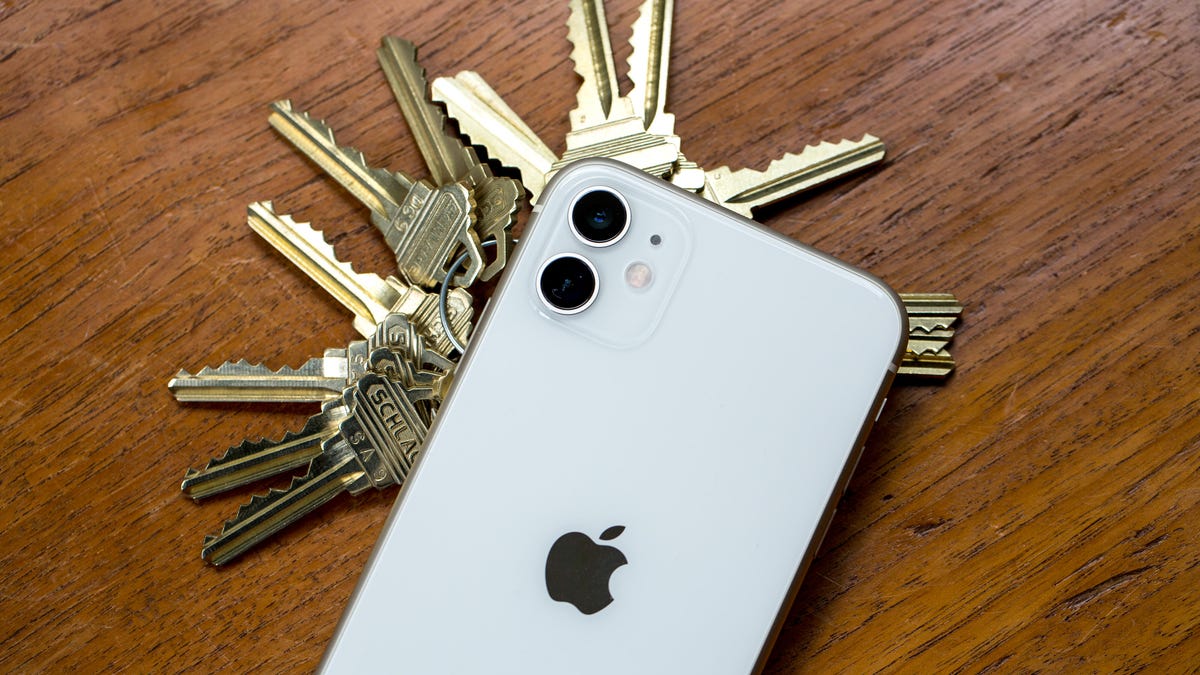Apple again makes its case against sideloading apps on iPhones in new security research report
The tech giant points to security failings when sideloading apps in Google's Android software as a sign of how bad things can be.

Apple's increasingly had to defend its tight control over iPhone and iPad apps.
Apple's spent years marketing its iPhones and iPads as more secure and reliable than competing devices powered by Google's Android software , including from Samsung . One of the primary reasons is the App Store, the only sanctioned way to download apps for the iPhone and iPad.
Though other phone makers have their own app stores too, they often allow what's called sideloading, where users can find and download apps from sources other than their device's primary app store. On Wednesday, Apple pushed to bolster its case in favor of controller App Stores and against sideloading with a new research paper pointing to increasing attacks and malware infections on competitor's devices.
The new report, called Building a Trusted Ecosystem for Millions of Apps: A Threat Analysis of Sideloading, underscores reports from governments around the world, including the US Department of Homeland Security and European counterparts, who've issued warnings over how people download apps. In particular, Apple said Android-powered devices have up to 47 times more malware infections than iPhones.
"Maintaining security and privacy on the iOS ecosystem is of critical importance to users," Apple said in its white paper. "Supporting sideloading through direct downloads and third-party app stores would cripple the privacy and security protections that have made iPhone so secure and expose users to serious security risks."
Apple's published research, often called a "white paper," is the latest way it's making its case in favor of the iPhone and iPad App Stores, as well as its controlling approach to the devices. In June, the tech giant published a pamphlet-style breakdown of its arguments against sideloading, timed when US lawmakers began debating proposed laws that could require, among other things, Apple allow users to sideload apps.
Read more: Apple, defending its App Store, takes first swipe at new tech antitrust bills on Capitol Hill
Apple's also faced opposition in the courts, where Fortnite maker Epic Games has argued that the iPhone maker exerts too much control over our devices. Ultimately, Epic argued in its legal filings that Apple has become a "behemoth seeking to control markets, block competition and stifle innovation." Epic largely lost its legal case against Apple, though it is appealing.
For its part, Apple defended its control the same way it did earlier this summer, pointing to the array of sensors and personal data stored on our phones, making them appealing targets for hackers. In its research report Wednesday, Apple added to that argument with case studies of real-life malware designed to trick people into giving access to sensitive parts of their phone. In one case on an Android device, the malware was disguised as a security update, asking users to turn off security settings that may prevent sideloading. In another, the malware was made to look like the popular social networking app Clubhouse, in order to steal login information.
"If Apple were forced to support sideloading via direct downloads and through third-party app stores, iPhone users would have to constantly be on the lookout for scams, never sure whom or what to trust, and, as a result, users would download fewer apps from fewer developers," Apple said.

